Calculating Transport Fares in Ghana: A Guide to Getting from Accra to Bolgatanga
Calculating Transport Fares in Ghana: A Guide to Getting from Accra to Bolgatanga
Ghana is a beautiful country filled with diverse cultures, landscapes and people. With a wide range of transport options, getting from Accra to Bolgatanga is an exciting and affordable adventure for travelers. Calculating transport fares in Ghana can be tricky, but with a little bit of research and knowledge of the country, you can be sure to get the most out of your trip. This guide will provide you with all the information you need to get from Accra to Bolgatanga, including how to calculate transport fares in Ghana. You’ll learn about the different modes of transport, the cost of tickets, and how to make the most of your money while still enjoying a comfortable and safe experience. So, if you’re ready to embark on a journey from Accra to Bolgatanga, read on to learn how to calculate transport fares in Ghana.
Modes of Transport Available
There are several modes of transport that can take you from Accra to Bolgatanga. The two most popular options are road and rail, although there are some instances when you may want to try a combination of the two. Let’s take a closer look at the options and see how they stack up against each other. Road Transport – If you’re looking for a cheap, efficient and convenient way to travel between Accra and Bolgatanga, then road transport is definitely the way to go. There are several roads that can take you from one city to the other, so you have to decide which path you’d like to take. The most common routes for this journey are the Tarkwa-Bolgatanga road, the Nkawkaw-Bolgatanga road, the Bawjiase-Bolgatanga road, and the Odumase-Bolgatanga road. Although these routes are convenient, they can be dangerous and uncomfortable. Road transport can be slowed by roadworks and poor road conditions, making the journey long and tiresome. In addition, many of the roads in Ghana are very narrow, so buses and cars often have to take turns on one side of the road. This makes for a slow and frustrating journey if you’re stuck in a large bus or van. Rail Transport – If you’re looking for a more comfortable and convenient way to travel from Accra to Bolgatanga, rail transport can be the perfect option for you. There are two main train routes you can take, although one of them is not currently in operation. The first route is from Nkawkaw to Bolgatanga, and the second is from Tarkwa to Bolgatanga. Rail transport is much quicker than road transport, but it’s also more expensive. However, there are plenty of discounts, deals, and special offers that can reduce the cost of your journey, making it just as affordable as road transport. Rail transport is also much more comfortable, so if you’re looking for a stress-free journey, it’s worth considering this option. Combination – There are also times when it makes sense to use a combination of the two modes of transport. If you’re planning to visit the Northern Park or Kakum National Park, you’ll likely want to use road transport to get there and rail to get back. Alternatively, if you’re travelling from Nkawkaw to Bolgatanga, you may want to use rail for only part of the journey, as this route passes through the coastal region, where there is no rail.
Calculating Transport Fares in Ghana
Before you jump into the transport journey, you need to calculate transport fares in Ghana first. The first thing you’ll need to know is the type of transport you’d like to use. Once you have this information, you can start to calculate transport fares in Ghana. For road transport, you’ll need to know the distance of your journey, as this will determine how much you need to pay. The current road fare rates in Ghana are as follows: – For journeys less than 10km, you’ll pay GH¢ 2.50. – For journeys between 10km and 20km, you’ll pay GH¢ 5. – For journeys between 20km and 30km, you’ll pay GH¢ 10. – For journeys between 30km and 40km, you’ll pay GH¢ 15. – For journeys between 40km and 50km, you’ll pay GH¢ 25. – For journeys between 50km and 60km, you’ll pay GH¢ 30. – For journeys between 60km and 70km, you’ll pay GH¢ 35. – For journeys between 70km and 80km, you’ll pay GH¢ 40. – For journeys between 80km and 90km, you’ll pay GH¢ 50. – For journeys between 90km and 100km, you’ll pay GH¢ 60. – For journeys between 100km and 110km, you’ll pay GH¢ 70. – For journeys between 110km and 120km, you’ll pay GH¢ 80. – For journeys between 120km and 130km, you’ll pay GH¢ 90. – For journeys between 130km and 140km, you’ll pay GH¢ 100. – For journeys between 140km and 150km, you’ll pay GH¢ 110. – For journeys between 150km and 160km, you’ll pay GH¢ 120. – For journeys between 160km and 170km, you’ll pay GH¢ 140. – For journeys between 170km and 180km, you’ll pay GH¢ 150. – For journeys between 180km and 190km, you’ll pay GH¢ 170. – For journeys between 190km and 200km, you’ll pay GH¢ 190. – For journeys between 200km and 210km, you’ll pay GH¢ 200. – For journeys over 210km, you’ll pay GH¢ 250.
Cost of Tickets
If you’ve done all the calculations and still aren’t sure how much your journey will cost, don’t worry. There are a lot of different factors that can affect the price of your ticket, such as time of day, day of the week, distance, and the type of transport you decide to take. Once you’ve taken all these factors into consideration, you should have a better idea of how much your journey will cost. As a general rule, you can expect to pay between GH¢ 20 and GH¢ 100 for road transport. Rail transport is a little more expensive, and you can expect to pay between GH¢ 50 and GH¢ 150. As previously mentioned, there are many different factors that can affect the price of your ticket, so it’s important to do some research before you book your journey. You can find out more about the cost of tickets by visiting the websites of the different transport providers. Alternatively, if you’d like to talk to someone directly, you can contact the below organizations. They can provide you with information about the cost of tickets and help you book your journey: Rail: Ghana Railway Corporation – 030-263-3333 Road: Ghana Road Transport Union – 030-202-7777
Tips for Making the Most of Your Money
One of the best ways to make the most of your money while travelling is by being smart. There are plenty of ways to save money while on your journey between Accra and Bolgatanga. Here are a few tips to help you get the most out of your money: – Try to travel during off-peak times. The best times to travel are during the week, during the rainy season, and during the cooler months of the year, between October and March. You’ll find that the journey is cheaper and more comfortable during these times. – Book in advance. If you book your journey in advance, you can take advantage of cheaper rates. You can book your journey online, which is quick and easy. Alternatively, you can also call your chosen transport provider directly to book your journey. – Consider using public transport. Public transport is a great way to save money, but it can also be very unpredictable. Make sure to keep an eye on the time and don’t be afraid to speak up if you feel that something is going wrong. – Consider hitchhiking. Hitchhiking is a great way to save money and meet new people. However, it’s important to be mindful of your surroundings, as you never


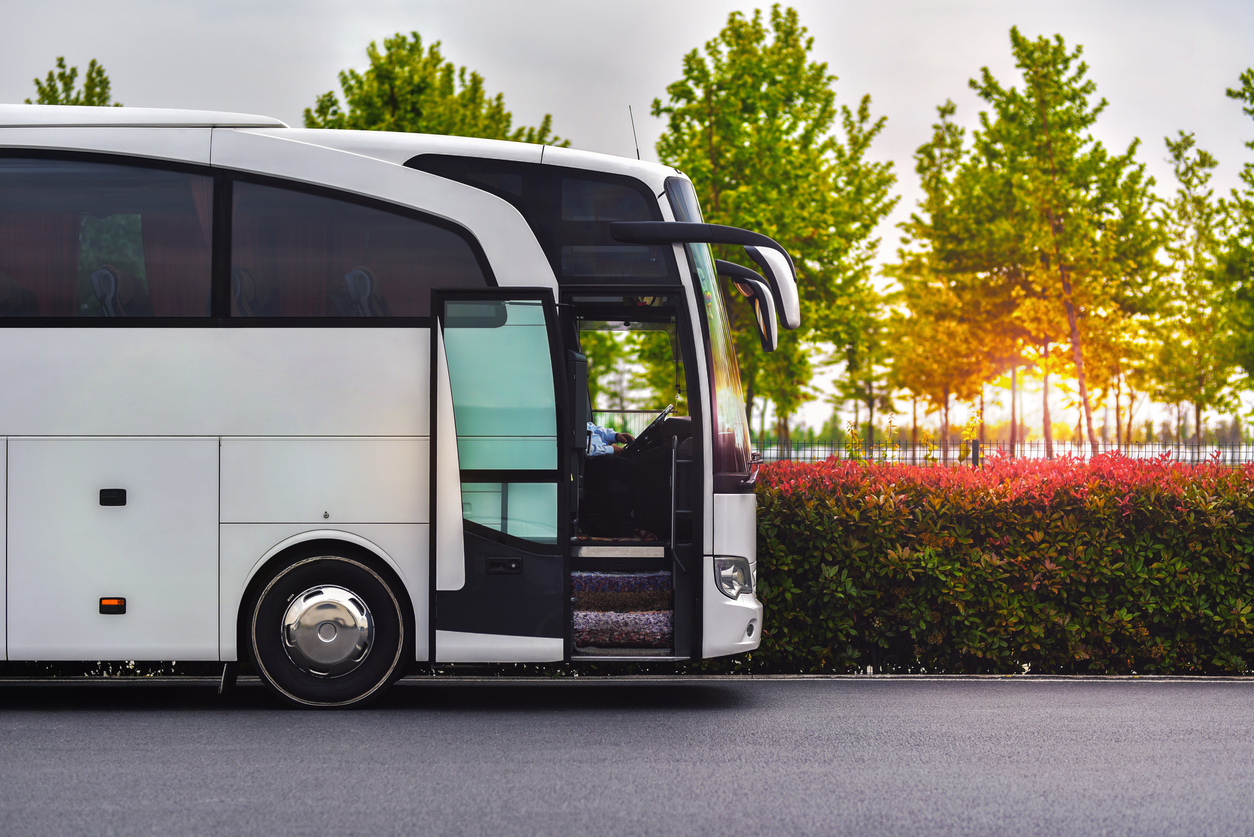
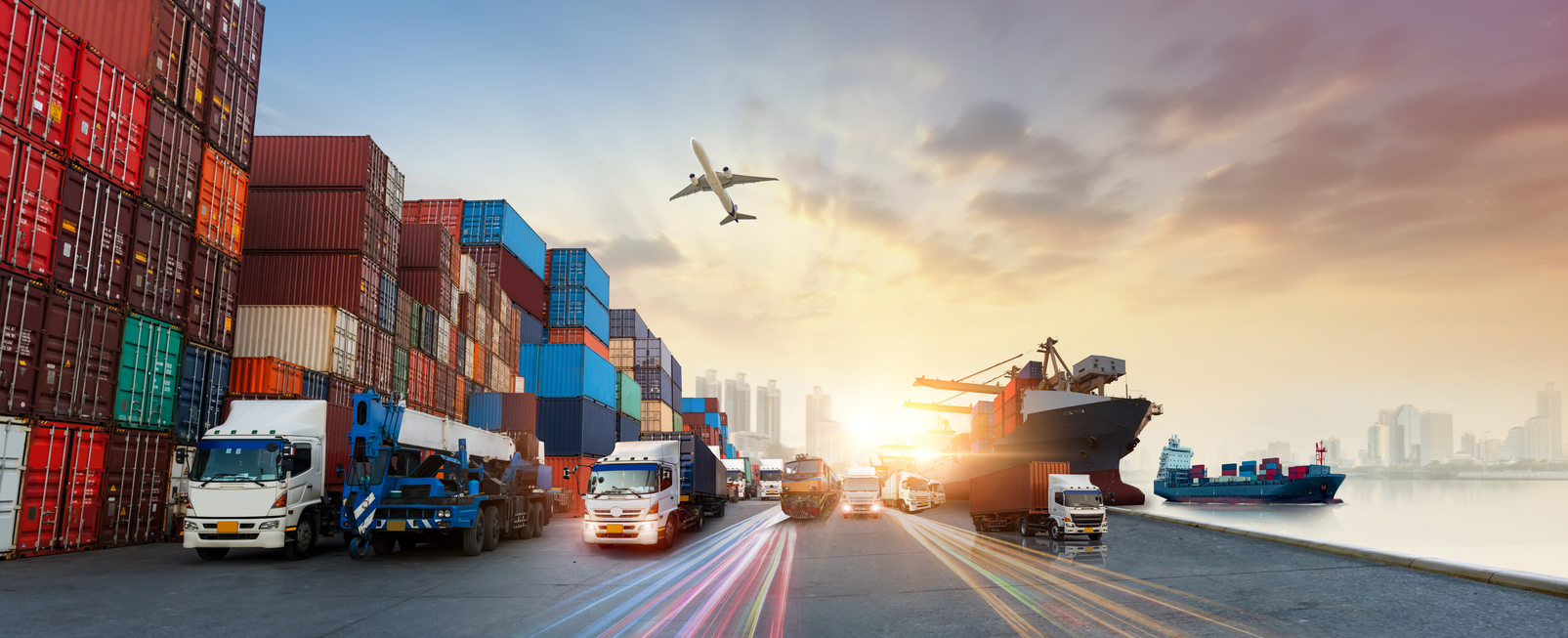
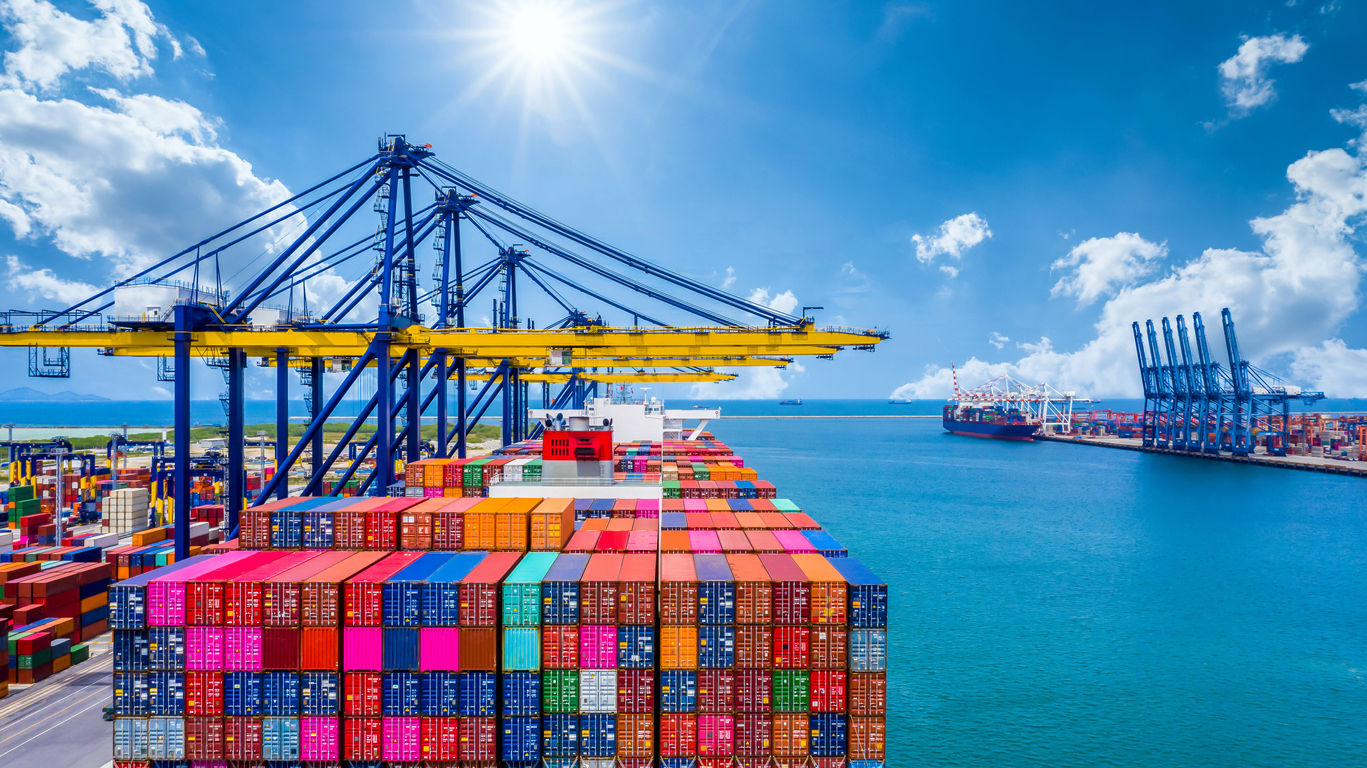
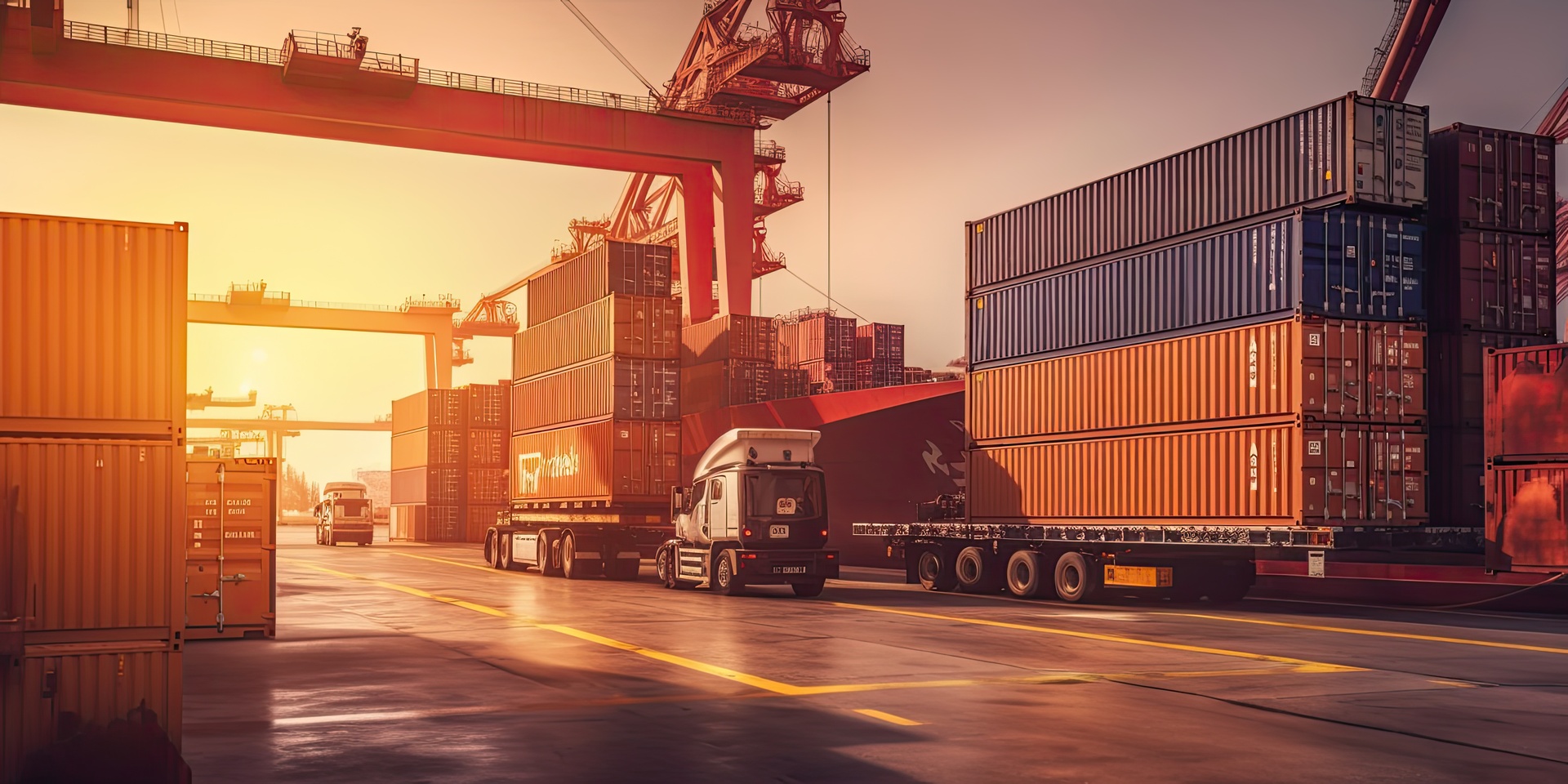
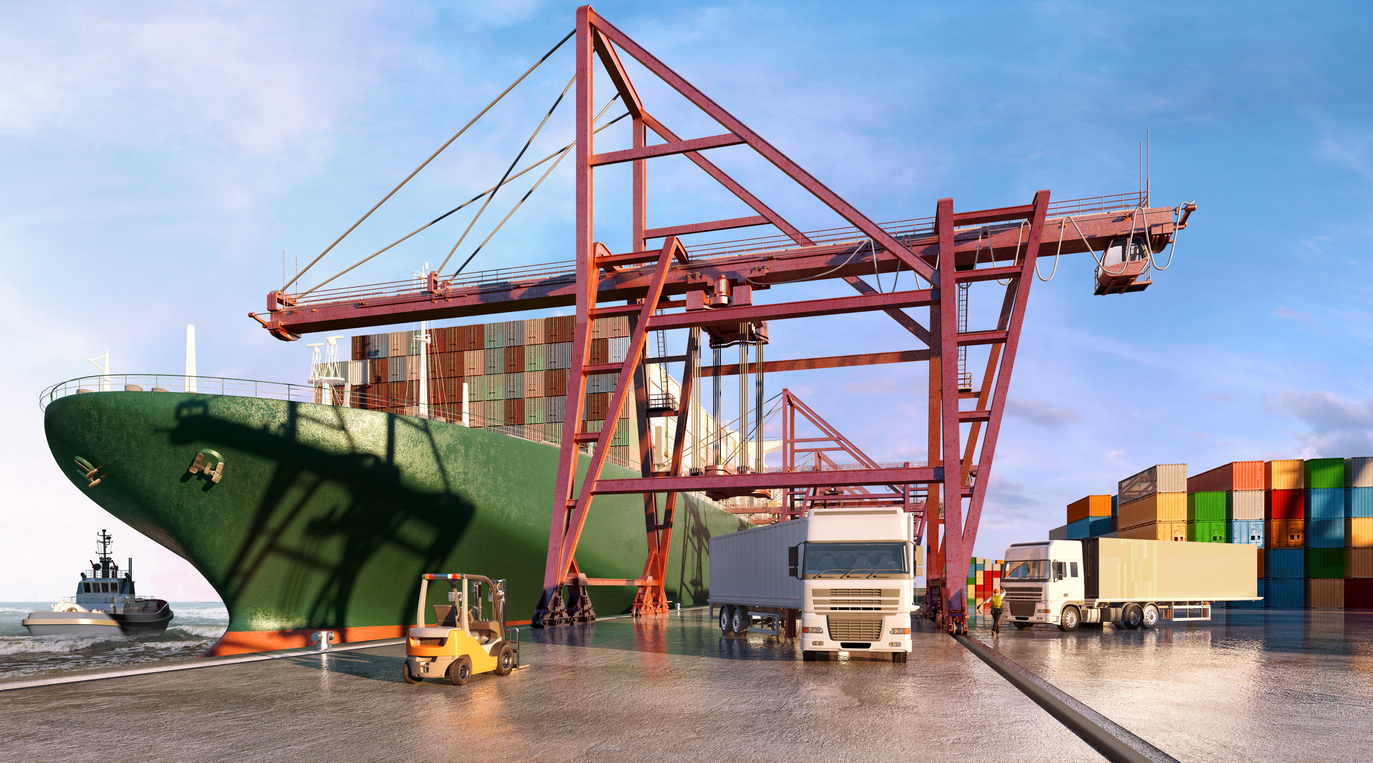
LEAVE A COMMENT
You must be logged in to post a comment.